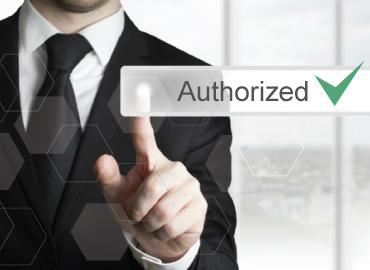
The word security takes on many different definitions depending on the lens in which it is perceived. To an infant, security is the caring arms of a mother or father. A homeowner sees it as protection of their property. There's financial security and security in one's self. Perhaps the multitude of definitions can help explain why a simple Google search of the word security results in more than 1.8 billion results.
Physical Security in the Professional World
So what does security mean in the professional realm? Undoubtedly, many of the same definitions for personal security flow over into the professional space – namely protection of your staff and property. It's the badge reader at a door granting access to authorized personnel. It's the security guard at a front gate checking license plates before allowing trucks to enter your facility. It's the day-in, day-out activities that physically secure your environment, and ensure it is safe for your staff and facility.
Expanding Security to Logical Applications
But what happens when organizations start to take security a step further? Logical security is the security of authentication, going beyond verifying the who, and diving deeper into the how and for what duration. Logical security enables a badge reader to interact with a back-end system, analyzing employee badges not to understand who is accessing the building, but instead to determine whether they have followed the proper protocol to obtain access. Did employee X complete her OSHA training to avoid compliance violations in your manufacturing environment? Is employee Y up-to-date on his nursing credentials before entering your healthcare infectious disease control unit? These are just a few real-life applications of security taking a step beyond the who and analyzing the what and why.
Security Considerations Your Organization Should Be Talking About
Looking at your organization's current security structure, do you see gaps? Are there opportunities for improvement? Here are a few questions to get you started:
- What is your organization's protocol for physical security? Can employees come and go as they please, or is there some level of accountability when it comes to entering and exiting the building?
- Taking it a step further, does your company attribute authentication protocols to your security access? Can your badge readers verify compliance training, clearance levels or other business-specific metrics?
- Are you protecting your information? Think beyond files in a cabinet or login passwords on a computer; we're talking secured printing, authenticated single sign-on solutions and accountable time management systems.
When discussing security in the professional world, it's crucial that the conversations expand beyond the who into the why and what for. Taking security to the logical realm is the wave of the future, ensuring people, property and products are safe from intrusion, as well as secure from employee violations and other internal, albeit unintentional, harm.
For more information on RF IDeas' logical security solutions, visit our Knowledge Center.